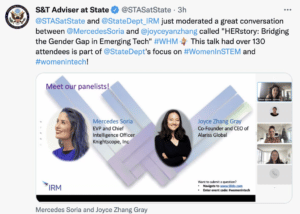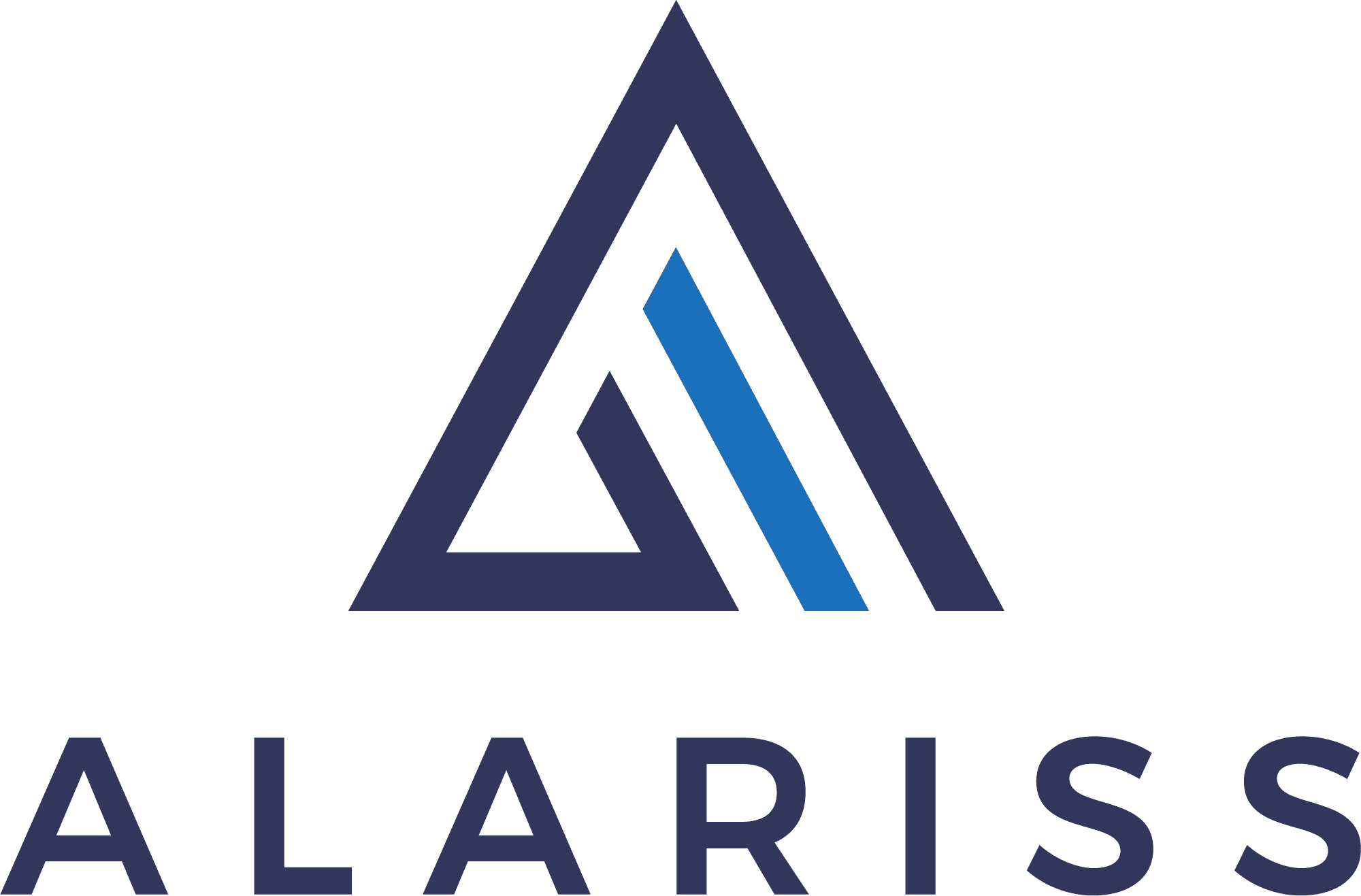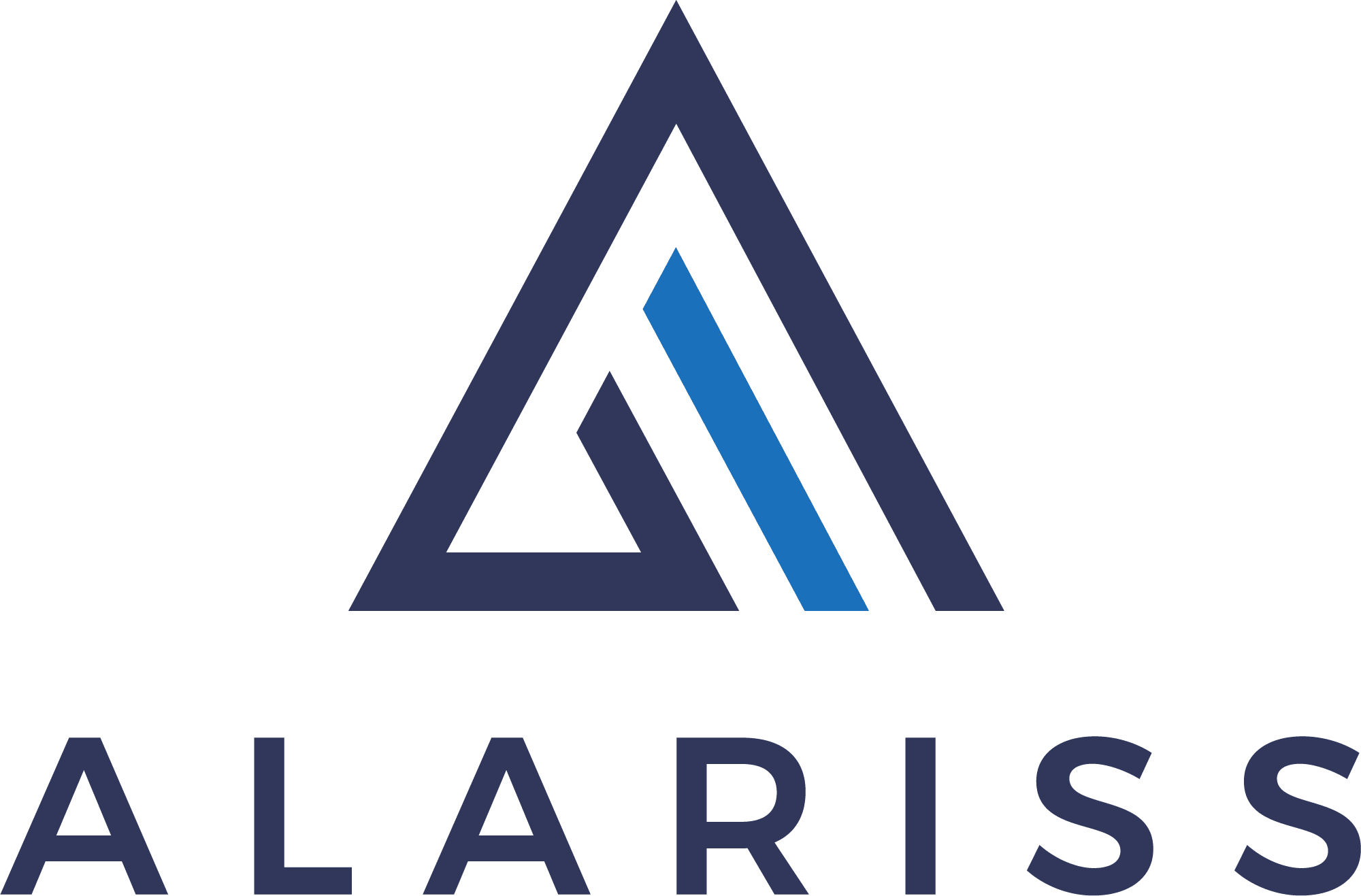Blog
Remarks by Alariss Global CEO Joyce Zhang Gray to the State Department

March 31, 2022
Here are my prepared introductory remarks for the U.S. Department of State Office of the Science and Technology Adviser as part of the series “HERstory: Bridging the Gender Gap in Emerging Tech.”
The Office of the Science and Technology Adviser was founded in 2000 by Secretary of State Madeleine Albright, the first female Secretary of State in our nation’s history. Secretary Albright was a visionary leader and personal role model, and I am honored to have been able to speak to State Department members on this important topic and to continue to remember and honor her legacy.
Hi, thanks for having me here today. My name is Joyce Zhang Gray, and I am the Co-Founder and CEO of Alariss Global, a venture-backed tech company that pioneered a platform for global expansion so that companies anywhere in the world can build a remote American team. We are proud to engage in win-win solutions: we are providing economic development and knowledge circulation for emerging markets while reshoring jobs back to the US Heartland for American sales professionals.
Why I mention that we are a venture-backed company: only 2% of all venture funding goes towards women-founded companies. We are changing that statistic, but it takes the combined effort of more women founding companies and more investors looking beyond their usual networks. Given that women are still a minority in tech, closing the gap involves intentional mentorship, support, and encouragement, both institutionally and interpersonally.
For what it’s worth, you don’t have to have a PhD in Computer Science to thrive in the technology sector. I am a leader in tech and have worked in tech for a decade, but I do not formally hold a STEAM degree. I entered tech as a profession almost by accident: I was recruited to take on business challenges for an American e-commerce startup that was trying to expand to China. While I took advanced calculus and econometrics in school and believe that a strong quantitative education is important, I want to both emphasize that it is not too late to enter tech if you don’t have the formal training, and also that it is something women are very capable of learning and achieving at any stage in their personal and professional journeys. Tech is also now embedded in most companies, so I always advise students to take a few computer science and mathematics classes, there are many that are offered online for free, mostly to feel confident and comfortable regardless of how much or how little they later choose to engage with the industry.
There was a famous psychology experiment conducted in the 1990s and later replicated in 2014 with the same effects: there is a measured and statistically significant impact of stereotype susceptibility. A group of Asian American women were randomly assigned to receive one of two articles: one about how Asians are very good at math and test higher on standardized tests in math compared to other ethnic groups, and one about how women are historically bad at math and have an achievement gap. They were then all given the same mathematics test after being primed with the specific stereotype about their identity. The results were statistically significant in both sets of studies almost two decades apart: those who were primed to consider themselves Asian performed significantly better on the same math test than those who were primed with the female identity. This is called stereotype susceptibility. While the results are astonishing and sad, they demonstrate the power of stereotypes and identity and equip us with the ability to overturn negative stereotypes. Knowledge of this can empower us to know that, even if there is a gap in gender equity in tech, it is not because women lack the capabilities, and that the same person, when given the proper priming and encouragement, can actually perform dramatically differently.
I was lucky to have had strong female and male ally mentors and role models along the way, who both recognized how much more challenging it can be to be a woman in tech, but also did not dwell on it. They gave me professional reach opportunities and I was lucky to receive mentorship in particular from a few senior tech leaders, including the head of Microsoft Asia Pacific, in part because I was a woman and they wanted to make sure to help close the talent gap. For that, I am grateful, and I continue to pay it forward to others who want to enter tech, especially those who are women or from underrepresented backgrounds.
I still sometimes struggle with feelings of imposter syndrome or self-doubt, especially because tech startups are challenging and the roller coaster of emotions faced by being a founder is especially tumultuous. But I have a strong sense of conviction that we are breaking down barriers and redefining an industry–that’s why the word innovation is so often associated with tech. And I want to succeed in an outsized way, in part to demonstrate that women in tech are a good investment, and to make it that much easier for the next female tech founder.
I am glad that the State Department is shining light on this important topic, and that we are able to engage in thoughtful dialogue about not just the current state of women in tech, but also the future goal and path forward towards gender equity. Thank you for having me.





